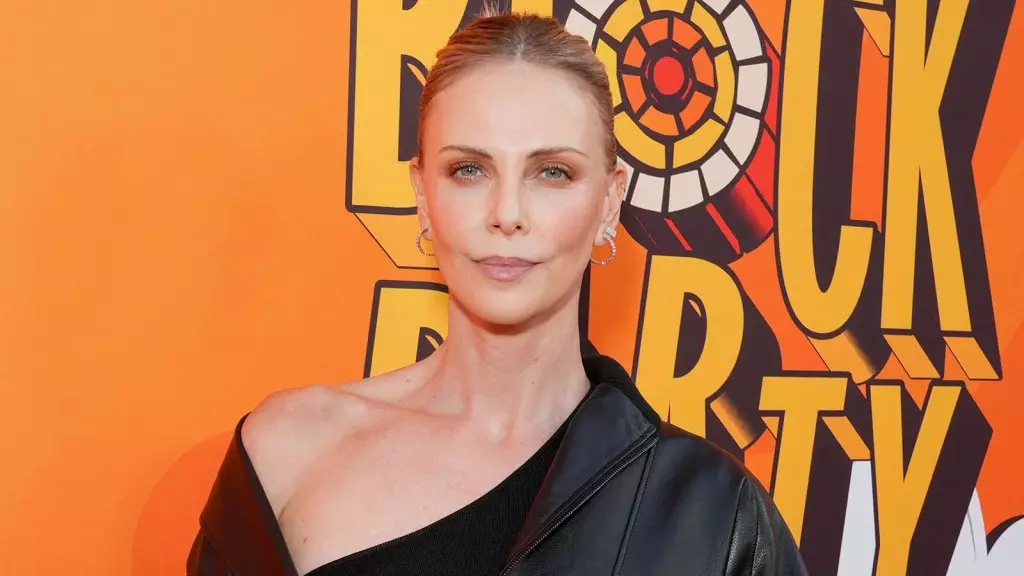The revealing story of Charlize Theron’s experience with a predatory director exposes a disturbing truth lurking behind the glitz and glamour of Hollywood. While the entertainment industry often projects a polished front, behind the scenes lies a troubling prevalence of abuse and exploitation that is too frequently brushed under the rug. Theron’s candid admission underscores a broader issue: abuse of power remains a scathing problem that demands urgent attention, yet often remains silent due to fear, shame, or institutional protection.
By refusing to disclose the identity of her abuser, Theron highlights a critical dilemma—why are victims still hesitant to speak out openly? It’s not just about protecting a name; it’s about confronting systemic failures that allow predators to operate with impunity. Her stance that she won’t let a “motherfucker” mess with her reflects a resilient refusal to be victimized further. Her story is a testament to the importance of validation and standing up for oneself, but it also reveals the cowardice and complicity ingrained in a culture that often dismisses or minimizes such misconduct.
The Power of Silence and the Illusion of Security
Theron’s choice to remain silent about the director’s identity speaks volumes about the complex nature of justice in Hollywood. Victims are often caught between the emotional toll of re-living trauma and the fear of backlash or career repercussions. The Hollywood system’s obsession with maintaining a pristine image inadvertently discourages transparency, fostering an environment where predators can strike again, shielded by secrecy and influence.
Many victims internalize their pain, believing they must protect others or that their stories will be dismissed as paranoia or exaggeration. Theron’s expression of the “little voice inside” warning her of danger—and her subsequent escape—are powerful reminders that intuition can be a vital defense mechanism. Yet, the fact that predators continue to manipulate their victims suggests a failure in industry oversight and a lack of meaningful accountability.
The Need for a Cultural Shift
This incident, while personal, symbolizes a systemic issue requiring a cultural overhaul in Hollywood. If the entertainment industry is to be a safe haven for creative expression rather than a hunting ground for abusive predators, a shift in attitude is necessary. Leaders must prioritize the dignity and safety of vulnerable individuals over reputation and profit.
More importantly, there must be consequences for misconduct, not just hollow apologies or pretend letters meant to deflect blame. Healing begins when victims are empowered, not silenced, and when predators are held fully responsible for their actions. Theron’s resilience and refusal to be silenced challenge industry norms—she embodies the change that is desperately needed. Her story should serve as a catalyst for demanding transparency, justice, and above all, accountability in Hollywood’s dark corners.

